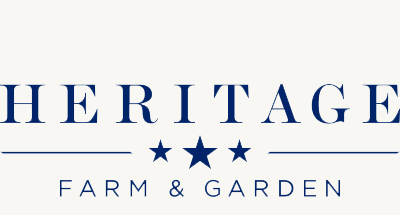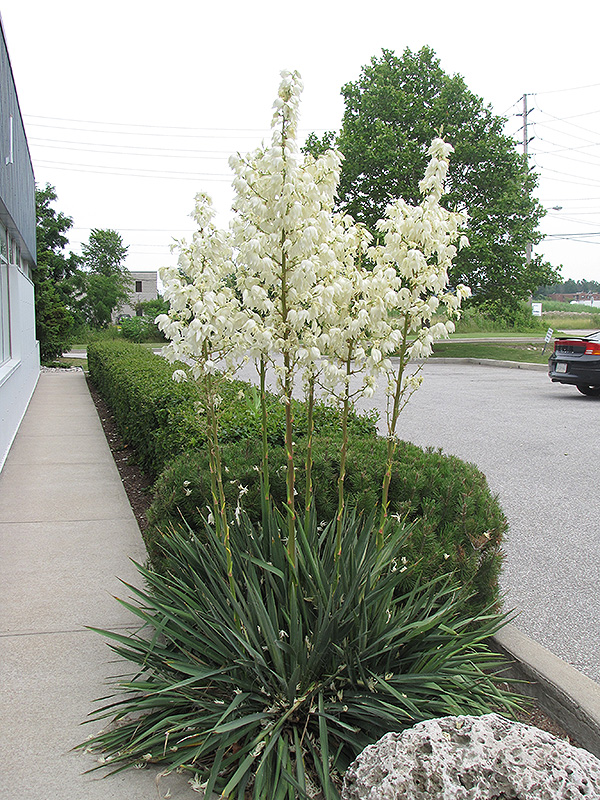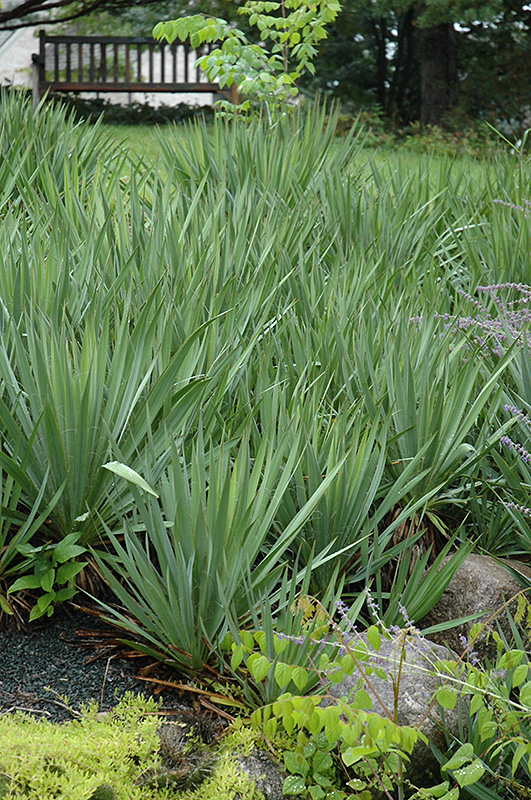Plant Height: 30 inches Flower Height: 5 feet Spread: 3 feet
Sunlight:
Hardiness Zone: 4a Ornamental Features Adam's Needle features bold spikes of creamy white bell-shaped flowers rising above the foliage from mid to late summer. It has attractive grayish green evergreen foliage. The sword-like leaves are highly ornamental and remain grayish green throughout the winter. Landscape Attributes Adam's Needle is a multi-stemmed evergreen shrub with a more or less rounded form. Its relatively coarse texture can be used to stand it apart from other landscape plants with finer foliage. This shrub will require occasional maintenance and upkeep, and is best pruned in late winter once the threat of extreme cold has passed. Gardeners should be aware of the following characteristic(s) that may warrant special consideration; Adam's Needle is recommended for the following landscape applications; Planting & Growing Adam's Needle will grow to be about 30 inches tall at maturity extending to 5 feet tall with the flowers, with a spread of 3 feet. It tends to fill out right to the ground and therefore doesn't necessarily require facer plants in front. It grows at a medium rate, and under ideal conditions can be expected to live for approximately 20 years. This shrub should only be grown in full sunlight. It prefers dry to average moisture levels with very well-drained soil, and will often die in standing water. It is considered to be drought-tolerant, and thus makes an ideal choice for a low-water garden or xeriscape application. It is not particular as to soil type or pH. It is somewhat tolerant of urban pollution. This species is native to parts of North America. Adam's Needle makes a fine choice for the outdoor landscape, but it is also well-suited for use in outdoor pots and containers. Because of its height, it is often used as a 'thriller' in the 'spiller-thriller-filler' container combination; plant it near the center of the pot, surrounded by smaller plants and those that spill over the edges. It is even sizeable enough that it can be grown alone in a suitable container. Note that when grown in a container, it may not perform exactly as indicated on the tag - this is to be expected. Also note that when growing plants in outdoor containers and baskets, they may require more frequent waterings than they would in the yard or garden.![]()
![]()
![]()
![]()
![]()
![]()
![]()
![]()
![]()
![]()
![]()
![]()
Characteristics
Applications
Features & Attributes


